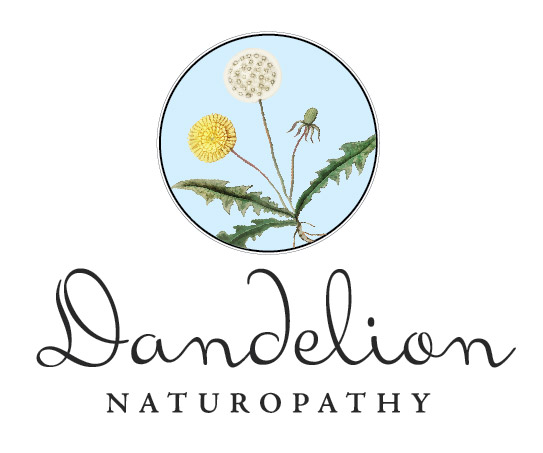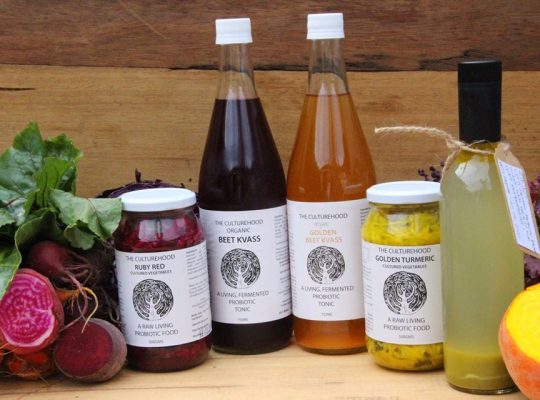#7 Vitamin C
Vitamin C is a nice old friend that can sometimes be forgotten about (poor vitamin C!).
- Sources of vitamin C
- Red pepper
- Brassica family vegetables like Brussel sprouts, broccoli, cauliflower
- Strawberries
- Lettuce
- Potatoes
- Citrus fruit like oranges
- Tomatoes
- Most fruits and vegetables contain some vitamin C
- To see a nice list of vitamin C content in some of these foods check out this link
Health benefits include vitamin C being a potent antioxidant (helps to defend the body against free radicals that cause havoc) and hence assists with protecting against environmental toxins that cause oxidative stress. It also helps to improve immune system function through supporting innate and adaptive immunity (helps immune cells to kill off the bad guys) and supports epithelial (skin) function, which helps to keep the bad pathogens out.
#8 The Good Old Sun (AKA Vitamin D)
If you haven’t heard about how vitamin D can help to support immune function, then there is a good chance you’ve been living under a rock!
- Sources of vitamin D
- Synthesised by having sunlight on your skin
- Cod liver oil
- Fatty fish like salmon, herring and mackerel
- Oysters
- Egg yolk
- Sprouted seeds
Health benefits include increasing the production of antimicrobial peptides and helping to maintain optimal immune system functioning by having a positive impact on the innate and adaptive immunity. It even has a role to play in reducing the risk of autoimmune conditions and supporting bone health!
So how do you get it from the sun? It can be a bit tricky during winter but the best way is to have as much skin showing (as publicly appropriate if you are out in public!) while the sun is at a certain angle in the sky for a short amount of time. There is a cool app called dminder which helps you to figure out when you can produce vitamin D. Make sure when you are getting your short bit of vitamin D not to wear sunscreen as you won’t be able to produce any and also avoid glasses and sunglasses if possible as your eyes are involved in this process too. The time you need to get your vitamin D won’t be long enough for you to burn as we definitely don’t want that! This app even tells you when you’re about to burn! If you can’t be bothered with the app, aim for being in the sun for 10-15minutes (depending on your skin type) in the middle of the day. The time limit is shorter in summer and longer in winter.
Carr, A. C., & Maggini, S. (2017). Vitamin C and immune function. Nutrients, 9(11), 1–26. https://doi.org/10.3390/nu9111211
Kamen, D. L., & Tangpricha, V. (2010). Vitamin D and molecular actions on the immune system: Modulation of innate and autoimmunity. Journal of Molecular Medicine, 88(5), 441–450. https://doi.org/10.1007/s00109-010-0590-9
Whitney, E. N. (2013). Understanding nutrition: Australia and New Zealand (2nd ed.). South Melbourne: Cengage Learning Australia Pty Limited.





